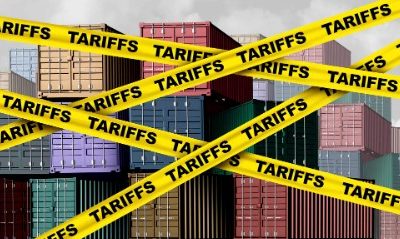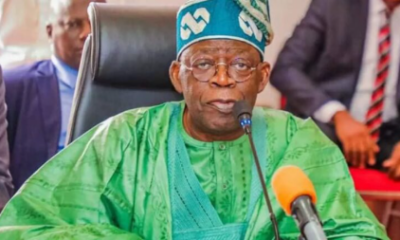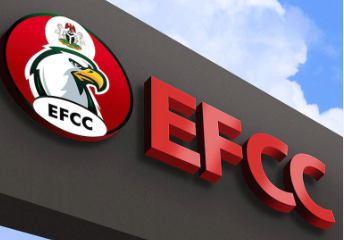The federal government has been asked to develop policies that will ease access to foreign exchange for critical goods, as well as the need to drive import substation strategies by supporting small businesses with adequate funding
President, Nigeria-British Chamber of Commerce, Prince Dapo Adelegan stated this in an interview recently. He stated that the easing of the foreign exchange policies will encourage foreign direct investment.
Adelegan who reaffirmed the commitment of the Chamber to fostering trade relations between Nigeria and the United Kingdom explained that the restriction of 41 items from accessing forex through the Central Bank of Nigeria window has led to reduction in trade relations, loss of jobs and rise in exchange rate in the country.
He noted that Nigeria has recorded only about $1.35 billion as FDI this year, saying this is about 40 per cent less than the figure recorded last year. According to Adelegan, foreign investors’ confidence has dropped as a result of the foreign exchange policies.
“The Nigerian economy has been growing at a slower pace, having recorded an average growth rate of 3.05 per cent in 2015. The weak growth rate is largely attributed to low global crude oil price which, is the mainstay of the economy. Official exchange rates are not reflective of current market positions; significant amounts of foreign exchange flows occur outside the regulated window,” he said.
He pointed out that inflation rate has remained stable; around 9.3 per cent in the last quarter in spite of low GDP growth, while the demand for Nigerian assets with low FDI and portfolio investment as reflected in the capital market has continued to drop.

 Entertainment6 days ago
Entertainment6 days ago
 Health1 week ago
Health1 week ago
 Health4 days ago
Health4 days ago
 Football1 week ago
Football1 week ago
 Football1 week ago
Football1 week ago
 Crime4 days ago
Crime4 days ago
 Education6 days ago
Education6 days ago
 Crime1 week ago
Crime1 week ago













